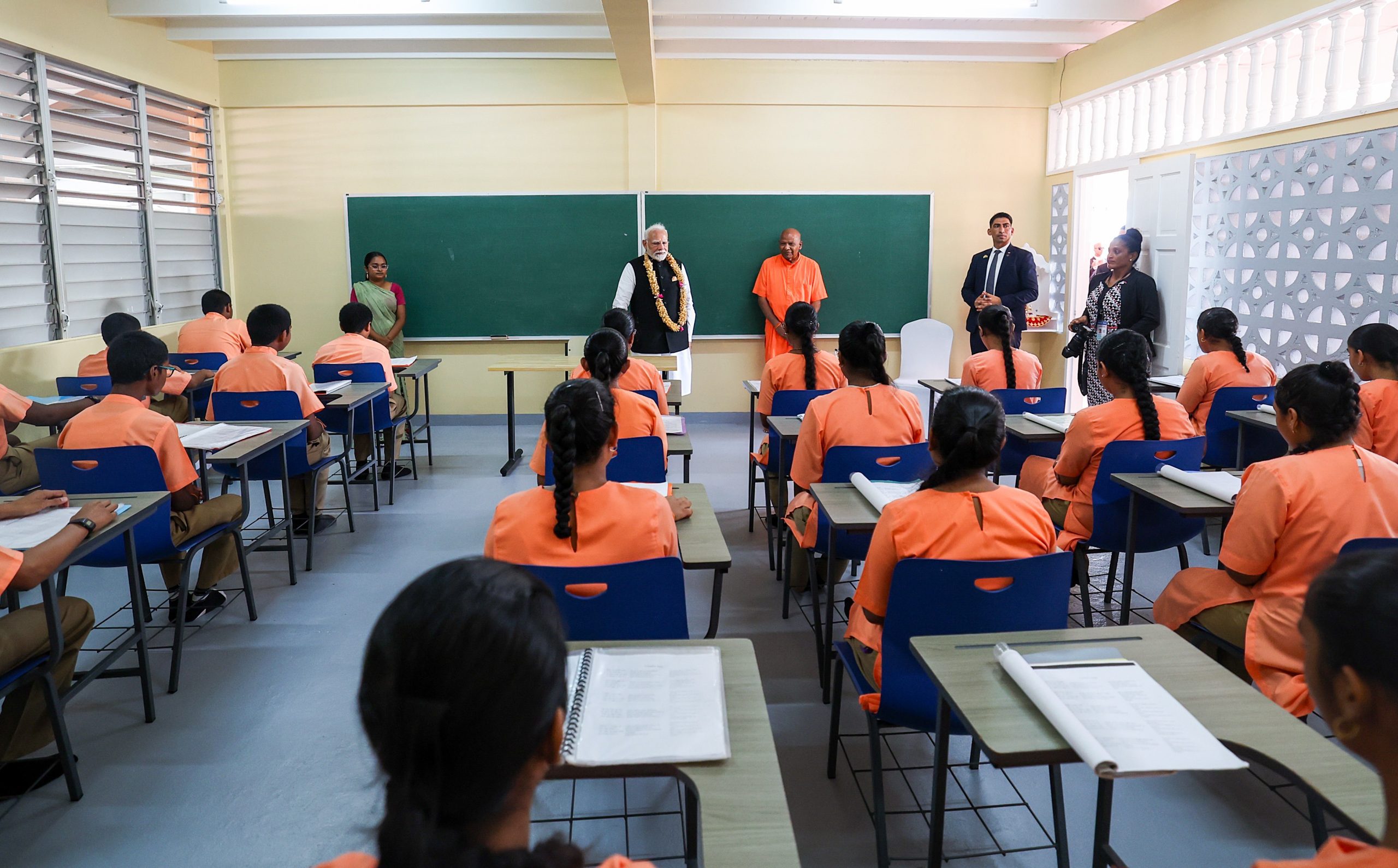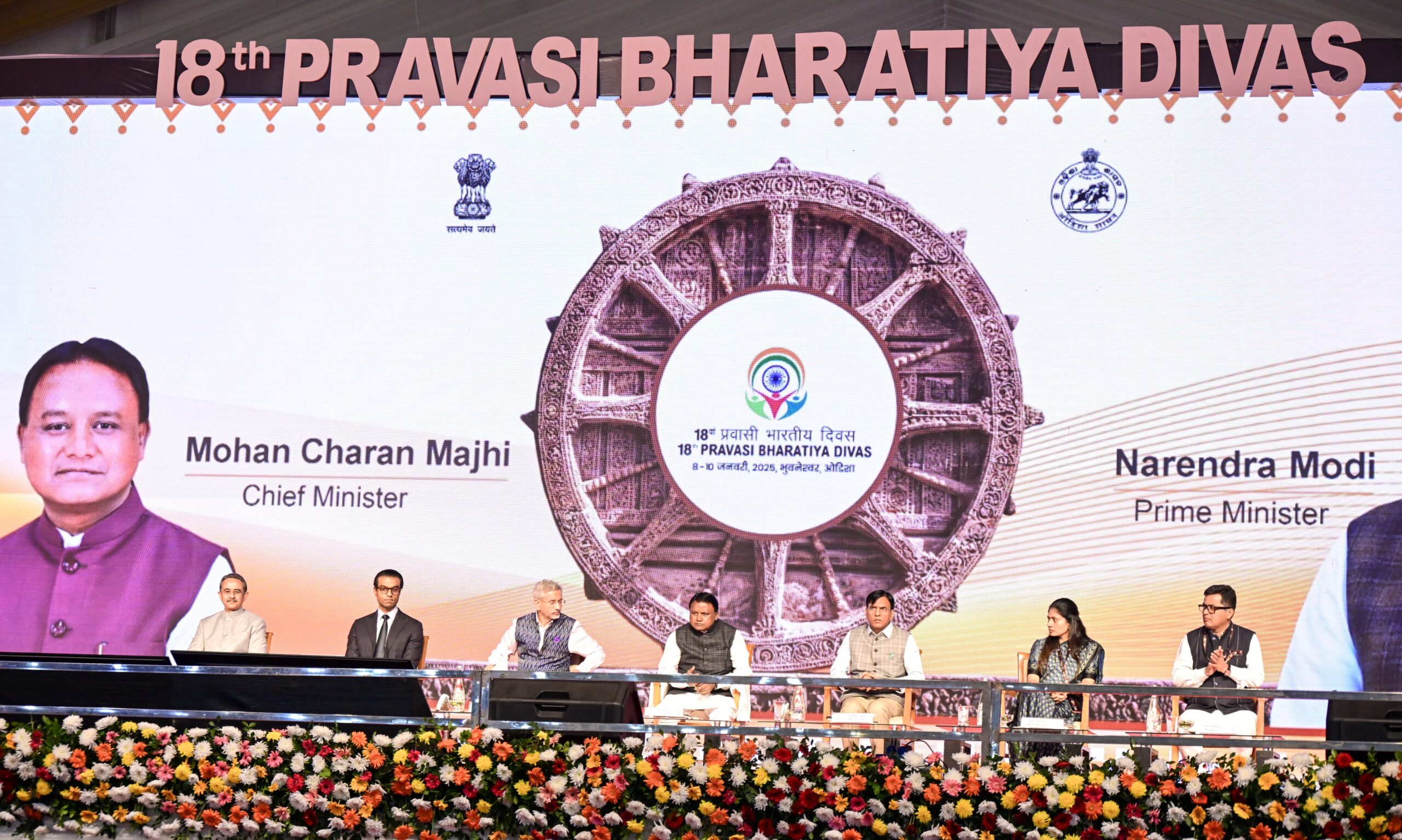Editorial: The dawn of AI supremacy and its global implications
The choices we make today will shape the future for generations. Let us embrace this challenge with optimism and determination, ensuring that AI is a tool that empowers humanity, drives development, and inspires a brighter tomorrow
As we stand on the brink of a transformative era defined by artificial intelligence (AI), it is clear that this technology is reshaping the foundations of global power and society. The pursuit of AI supremacy is not just a technological race but a geopolitical contest that influences economic leadership, political strategy, and military dominance. Countries like the United States, China, the European Union, India, and the United Kingdom are leading this global competition, each with unique approaches and aspirations.
The United States, home to industry giants like OpenAI, Google, and Microsoft, has long held its position as a pioneer in AI innovation. With breakthroughs such as ChatGPT, these technologies are revolutionizing industries like healthcare, education, and media. Yet, alongside this progress comes the challenge of addressing ethical dilemmas and preventing misuse by malicious actors. The U.S. government must adopt robust regulatory frameworks to ensure that AI strengthens democracy, protects individual freedoms, and remains a force for good in society.
China, by contrast, has adopted a different approach, leveraging AI to enhance state control and expand its geopolitical influence. Advanced AI-driven surveillance systems and state-sponsored initiatives have bolstered its global competitiveness but at the cost of personal freedoms. The use of AI to monitor and control its population raises critical concerns about the misuse of this technology. Democracies must collaborate to counter such threats while promoting AI as a tool to uphold human rights and democratic values.
The European Union has emerged as a frontrunner in regulating AI through its groundbreaking AI Act. This legislation sets ethical standards and safeguards citizens’ rights while fostering innovation within the EU. Companies like Aleph Alpha and Hugging Face exemplify Europe’s growing AI ecosystem. However, the EU must continue to nurture startups and remove barriers that restrict open innovation. Democratizing AI technology and preventing monopolistic control will help Europe build a fairer and more inclusive digital economy.
India, a rising powerhouse in technology, holds immense potential in the AI landscape. With a rich talent pool and a growing tech ecosystem, India is uniquely positioned to apply AI to solve local challenges in healthcare, agriculture, and education. For instance, companies like Tata Consultancy Services and startups like Niramai are making strides in AI-driven diagnostics and rural healthcare. The Indian government must invest in AI research and development while ensuring ethical practices that prioritize societal welfare over profit.
Meanwhile, the United Kingdom has shown promise in AI research and governance. With initiatives focused on AI safety and innovation, the UK aims to position itself as a leader in ethical AI. Similarly, the European Union and the UK have a vital role in balancing regulation with innovation, ensuring AI benefits the public while minimizing risks.
China, too, boasts a thriving AI ecosystem with companies like Baidu and SenseTime competing directly with Western counterparts. These organizations are advancing AI applications in autonomous driving, facial recognition, and more. However, the global community must remain cautious about how such technologies are deployed and ensure they align with universal ethical standards.
Fundamentals for a Better AI-Driven World
- Ethical Frameworks: Governments must collaborate with tech companies to establish transparent, inclusive, and accountable regulations for AI development and deployment.
- Education and Skill Development: Preparing the workforce to understand and engage with AI technologies is critical for fostering innovation while mitigating risks.
- Global Collaboration: Nations must unite to combat the misuse of AI by bad actors, focusing on cybersecurity, misinformation, and the ethical use of AI in governance.
- Democratization of AI: Access to AI technologies should be widespread and equitable. Breaking monopolistic control ensures that the benefits of AI reach everyone, not just a select few.
The misuse of AI poses real threats—from influencing elections to spreading misinformation and deepening societal divides. Countries must work together to create safeguards that prevent exploitation while ensuring technology serves humanity’s greater good.
The AI race is about more than just technological supremacy; it’s about defining the future of our societies. We must seize this moment to harness AI responsibly and inclusively. By focusing on innovation, ethics, and global cooperation, we can ensure AI becomes a catalyst for a better, more equitable world.
***********************************************************
Readers
These are extraordinary times. All of us have to rely on high-impact, trustworthy journalism. And this is especially true of the Indian Diaspora. Members of the Indian community overseas cannot be fed with inaccurate news.
Pravasi Samwad is a venture that has no shareholders. It is the result of an impassioned initiative of a handful of Indian journalists spread around the world. We have taken a small step forward with the pledge to provide news with accuracy, free from political and commercial influence. Our aim is to keep you, our readers, informed about developments at ‘home’ and across the world that affect you.
Please help us to keep our journalism independent and free.
In these difficult times, running a news website requires finances. While every contribution, big or small, will make a difference, we request our readers to put us in touch with advertisers worldwide. It will be a great help.
For more information: pravasisamwad00@gmail.com











